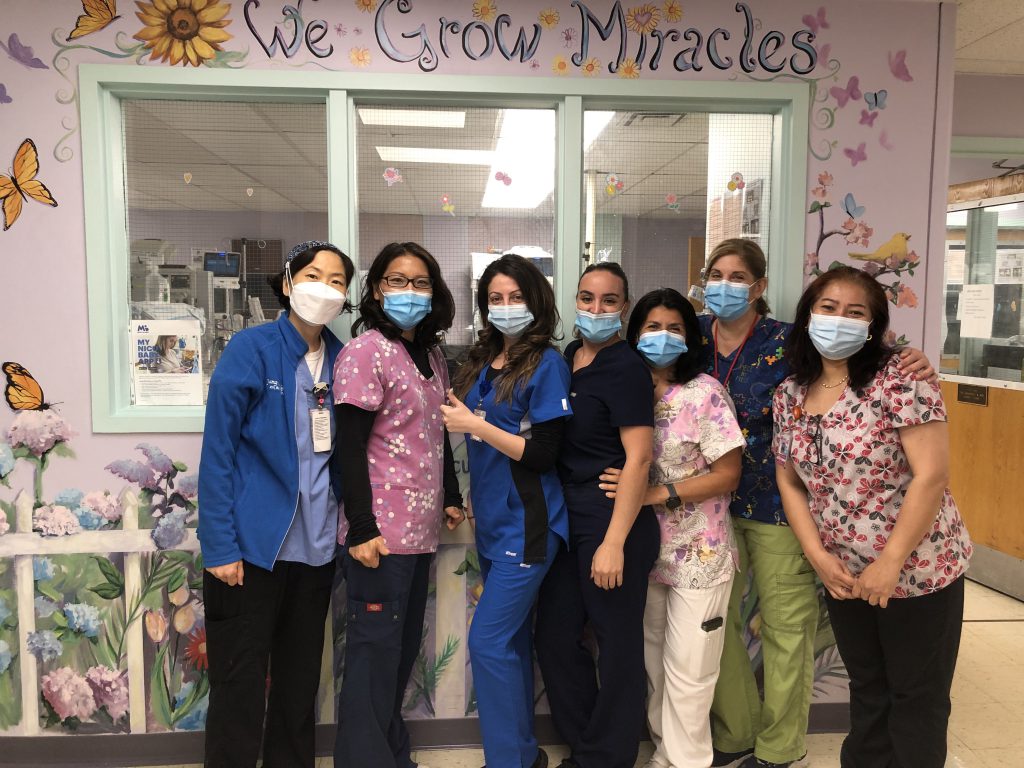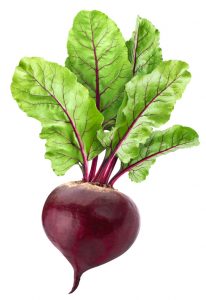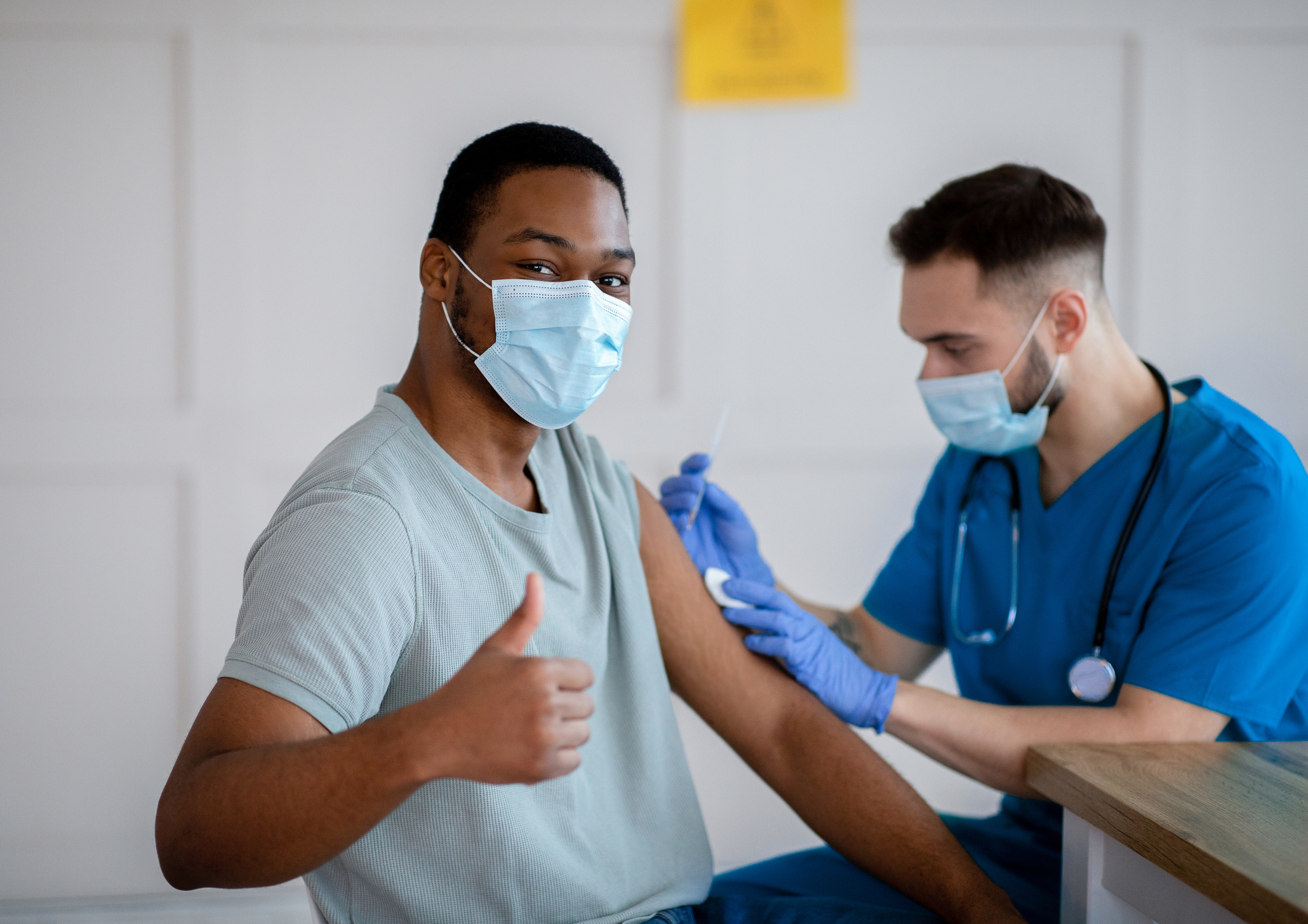June is Alzheimer’s and Brain Awareness Month which gives us the chance to make the public aware of dementia and Alzheimer’s disease being very important health issues.
Dementia and Alzheimer’s have profound effects on many people. There are an estimated 5 million people with the disease and 15 million people who are caring for them. It is said to be the sixth leading cause of death in the United States.
It has been said that Alzheimer’s is the only disease that can lead to death that cannot be slowed down, cured, or prevented. It acts by slowly killing brain cells which affect all of our ability to function normally.
Brain exercises may help mental functionality in areas of memory, focus, concentration, and understanding.
Some suggested ways to keep our brains healthy are:
- Getting enough sleep
- Staying physically active
- Eating properly
- Not smoking
- Challenging your mind with social interaction
- Taking classes
- Being aware of challenges that could lead to depression
If you would like to schedule an appointment at Flushing Hospital, please call 718-670-5486.
All content of this newsletter is intended for general information purposes only and is not intended or implied to be a substitute for professional medical advice, diagnosis or treatment. Please consult a medical professional before adopting any of the suggestions on this page. You must never disregard professional medical advice or delay seeking medical treatment based upon any content of this newsletter. PROMPTLY CONSULT YOUR PHYSICIAN OR CALL 911 IF YOU BELIEVE YOU HAVE A MEDICAL EMERGENCY.





 The Neonatal Intensive Care Unit at Flushing Hospital Medical Center was a recent recipient of “The New York State Perinatal Collaborative (NYSPQC) Enteral Nutrition Improvement Project Improvement Award”
The Neonatal Intensive Care Unit at Flushing Hospital Medical Center was a recent recipient of “The New York State Perinatal Collaborative (NYSPQC) Enteral Nutrition Improvement Project Improvement Award”



